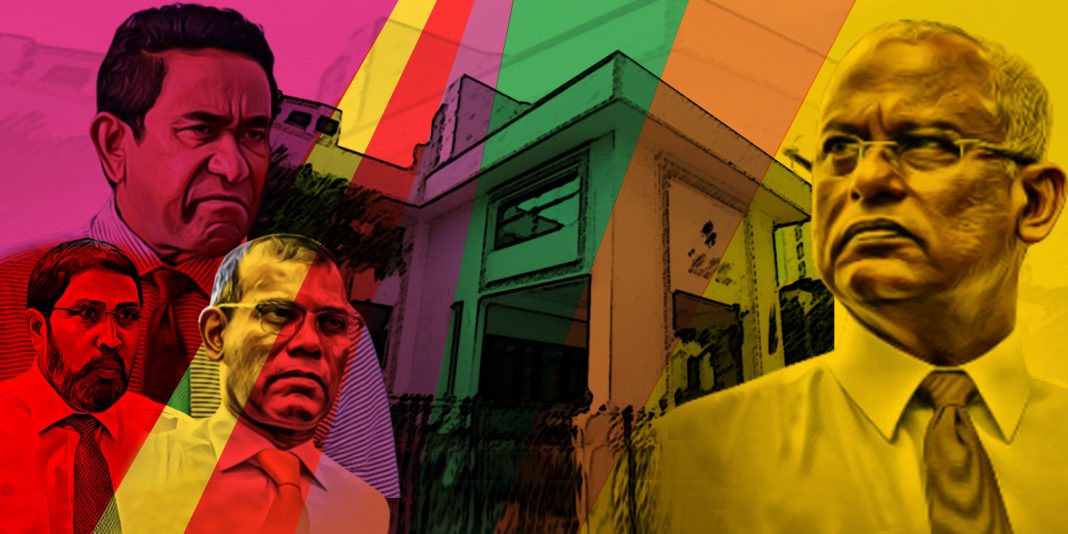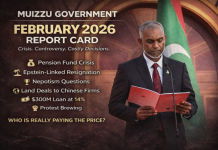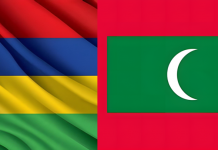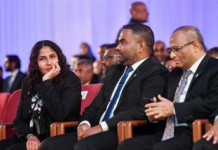In politics, personal relationships are secondary to strategic interests. Politicians prioritize their own interests above everything else, and they will work with or against anyone to achieve their goals. Therefore, in politics, nothing is permanent except the pursuit of one’s interests.
The political landscape of the Maldives has been tumultuous over the past few years, with the emergence of new alliances and the fall of old ones. One such recent development is the formation of a coalition between the Jumhoory Party (JP) and some members of the Progressive Party of Maldives (PPM) leadership, and former President Mohamed Nasheed, against the current President Ibrahim Mohamed Solih.
While alliances are not uncommon in politics, this particular coalition has raised many eyebrows due to the negative aspects of its members and the reasons behind the formation of this coalition. The Yameen government, which was in power before Solih’s presidency, had a history of corruption, human rights violations, and political suppression. The formation of the JP and PPM leadership coalition against Solih seems to be driven by personal ambitions and political expediency rather than a genuine desire to serve the Maldivian people.
The primary reason behind the formation of this coalition seems to be the personal ambitions of its members. Gasim Ibrahim and Mohamed Nasheed are looking to increase their political clout in the country, while some members of the PPM leadership who were unhappy with Yameen’s leadership style have also joined the coalition, hoping to reclaim their lost political influence.
However, this coalition far outweighs its supposed benefits. For one, the coalition partners have differing political ideologies and values, making it challenging to form a cohesive and stable government. Moreover, both the JP and PPM leadership have a history of shifting alliances and betrayals, which could lead to the coalition falling apart at any moment.
Furthermore, the coalition’s formation has also raised questions about the JP and PPM leadership’s commitment to democracy and good governance. Gasim Ibrahim, who was a key figure in toppling former President Mohamed Nasheed’s government in 2012, is now joining hands with him to oust the current President Solih. Similarly, the PPM leadership members who supported Yameen’s autocratic regime are now preaching democracy and human rights.
The negative aspects of their past experiences and shifting alliances make it hard to trust their intentions, and their coalition could potentially destabilize the country’s political landscape. It remains to be seen whether the coalition will be able to put aside their differences and work towards a better future for the Maldives or succumb to their personal ambitions and political infighting.
The formation of the JP and PPM leadership coalition against the current President Solih highlights the tumultuous and uncertain political landscape in the Maldives.

















